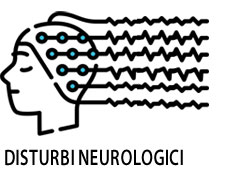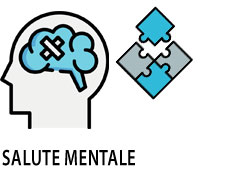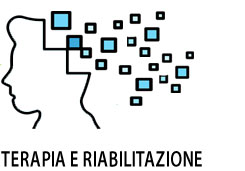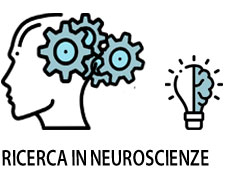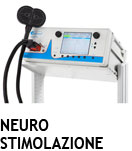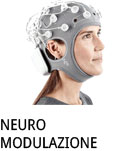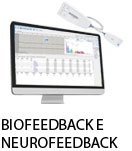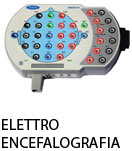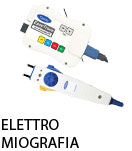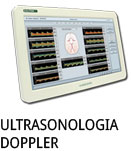- +39 011 5821948
- info@geasoluzioni.it
- Lun - Ven 8:00 - 17:30
Pubblicazioni
Efficacy of bilateral repetitive transcranial magnetic stimulation for negative symptoms of schizophrenia: results of a multicenter double-blind randomized controlled trial
- Abstract:
- BACKGROUND: Few studies have investigated the efficacy of repetitive transcranial magnetic stimulation (rTMS) treatment for negative symptoms of schizophrenia, reporting inconsistent results. We aimed to investigate whether 10 Hz stimulation of the bilateral dorsolateral prefrontal cortex during 3 weeks enhances treatment effects. METHOD: A multicenter double-blind randomized controlled trial was performed in 32 patients with schizophrenia or schizo-affective disorder, and moderate to severe negative symptoms [Positive and Negative Syndrome Scale (PANSS) negative subscale ⩾15]. Patients were randomized to a 3-week course of active or sham rTMS. Primary outcome was severity of negative symptoms as measured with the Scale for the Assessment of Negative Symptoms (SANS) and the PANSS negative symptom score. Secondary outcome measures included cognition, insight, quality of life and mood. Subjects were followed up at 4 weeks and at 3 months. For analysis of the data a mixed-effects linear model was used. RESULTS: A significant improvement of the SANS in the active group compared with sham up to 3 months follow-up (p = 0.03) was found. The PANSS negative symptom scores did not show a significant change (p = 0.19). Of the cognitive tests, only one showed a significant improvement after rTMS as compared with sham. Finally, a significant change of insight was found with better scores in the treatment group. CONCLUSIONS: Bilateral 10 Hz prefrontal rTMS reduced negative symptoms, as measured with the SANS. More studies are needed to investigate optimal parameters for rTMS, the cognitive effects and the neural basis.
- Patologie/Applicazioni:
- Anno:
- 2015
- Tipo di pubblicazione:
- Articolo
- Parola chiave:
- schizofrenia; corteccia prefrontale; stimolazione magnetica transcranica
- Testata scientifica:
- Psychological medicine
- DOI:
- 10.1017/S0033291714002360
La nostra storia
GEA soluzioni si affaccia nel 2013 al mercato della strumentazione medicale di alto livello tecnologico ma la sua storia parte da più lontano, clicca qui per approfondire.
GEA SOLUZIONI SRL
via Issiglio 95/10, Torino
Tel.: 011 5821948 / 011 4463853
Fax: 011 0433281
Email: info @ geasoluzioni.it
P. IVA IT11696920013
REA TO1233648

